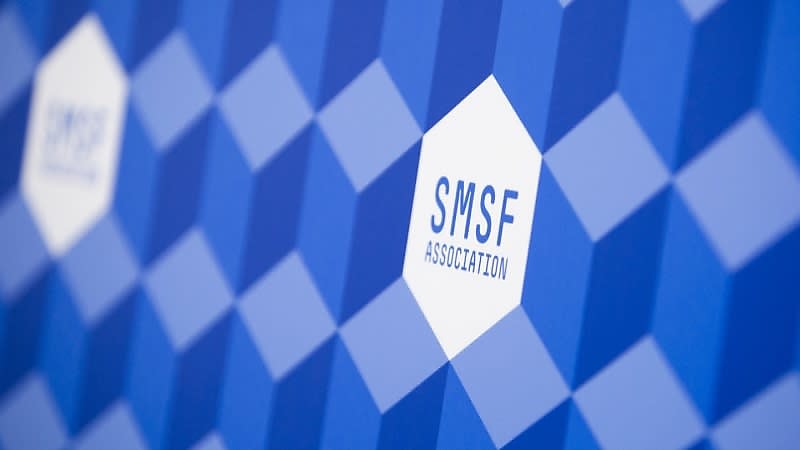SMSFA queries meaning of ‘advice’ in targeted prompts
The SMSF Association has said it is concerned that proposed super prompts will be referred to as “superannuation-related advice”, which it has argued is inappropriate.
In its submission to the Treasury Laws Amendment Bill 2025: Delivering better financial outcomes draft consultation, the association said while it supports measures to encourage and assist consumers engage with their superannuation through “nudges”, it believes a more appropriate terminology should be used to avoid confusion and expectation that members will actually receive financial advice.
It continued that under the ASIC Report 614 Financial advice: Mind the gap, the word “advice” carries the risk of “inflating a consumer’s expectations about the relevance of the advice to their personal circumstances”.
“We acknowledge that a superannuation fund trustee must use an assessment framework to assess and identify a ‘target class’ for a superannuation prompt and that the trustee must have regard to relevant matters as drafted in section 950C,” the submission said.
“However, we are concerned that trustees will not have access to the core information outlined in that provision to make appropriate assessments. This includes information such as whether the members own property, and the members’ relationships.”
The association said it is expected that the trustee should consider the members’ income, and while this could be calculated for many members based on their super contributions, it does not account for where they may have a second super fund and split their contributions between both funds.
“While the superannuation prompt should be appropriate and consider the likely objectives, financial situation and needs of the consumers in the selected class of members, the superannuation fund trustee can only make, at best, broad assumptions for a class of members,” it added.
“Given this, we are concerned that it is proposed that the superannuation prompt will be referred to as ‘superannuation-related advice’. We do not believe this is an appropriate title, and we question why ‘prompt’ or another like term has not been considered.”
The association questioned whether the intention of a “nudge” is to drive better uptake of personal advice offerings – either independently or via their fund – to help the member make optimal decisions.
“If this is the case, why must a warning be provided to state that the member should consider whether to seek advice before acting on the prompt. There is a real risk a member will act on the ‘prompt’, despite the warnings given the well-known limitations of disclosure,” it said.
“If the member does not fit with the target class, they may suffer a poor outcome rather than improved financial outcome.”
The association argued that while it supports the policy intent of this measure, the proposed framework to implement it was complicated and went beyond the intent to promote meaningful engagement between members and their super fund, to ensure they are making decisions that optimise retirement outcomes.
It noted that SMSFs have been excluded, as the targeted prompts are designed to support trustees to communicate with members at a group level, rather than one-on-one communication with individual members.
“Of relevance though, the assessment framework only requires that a selected class consist of at least two members. The reasoning for excluding SMSFs therefore seems at odds with how the framework is drafted to operate,” it read.
“While we support excluding SMSF trustees from providing prompts or nudges to themselves as members, given that there are over one million SMSF trustees, this is a significant proportion of the working Australian community to be excluded from this framework.”
The submission said SMSF trustees have strong relationships with their professional advisory network, including accountants and administrators, and these professionals have extensive personal knowledge of the SMSF trustee and the fund beyond that of any APRA-regulated superannuation fund and its members.
“We therefore believe, subject to simplification of the framework, that these professionals should also have the option to provide a superannuation prompt at key life stages to encourage the SMSF trustee to seek advice to support them make optimal decisions about their retirement,” it read.
“Aligned with the policy intent, the prompt would not be advice but rather a nudge from the professional for the SMSF trustee to seek licensed advice based on a key-life stage or other relevant factor.”
It concluded that the draft EM said not all prompts that superannuation funds send would contain financial advice.
“For example, a prompt by a superannuation fund alerting members who do not have a death benefit nomination to the benefits of making a binding death benefit nomination is not financial advice,” it read.
“However, ASIC Regulatory Guide 244: Giving information, general advice and scaled advice explores death benefit nominations and when a licence is required. There appears to be conflicting commentary between the draft EM and ASIC guidance, which should be clarified.”


